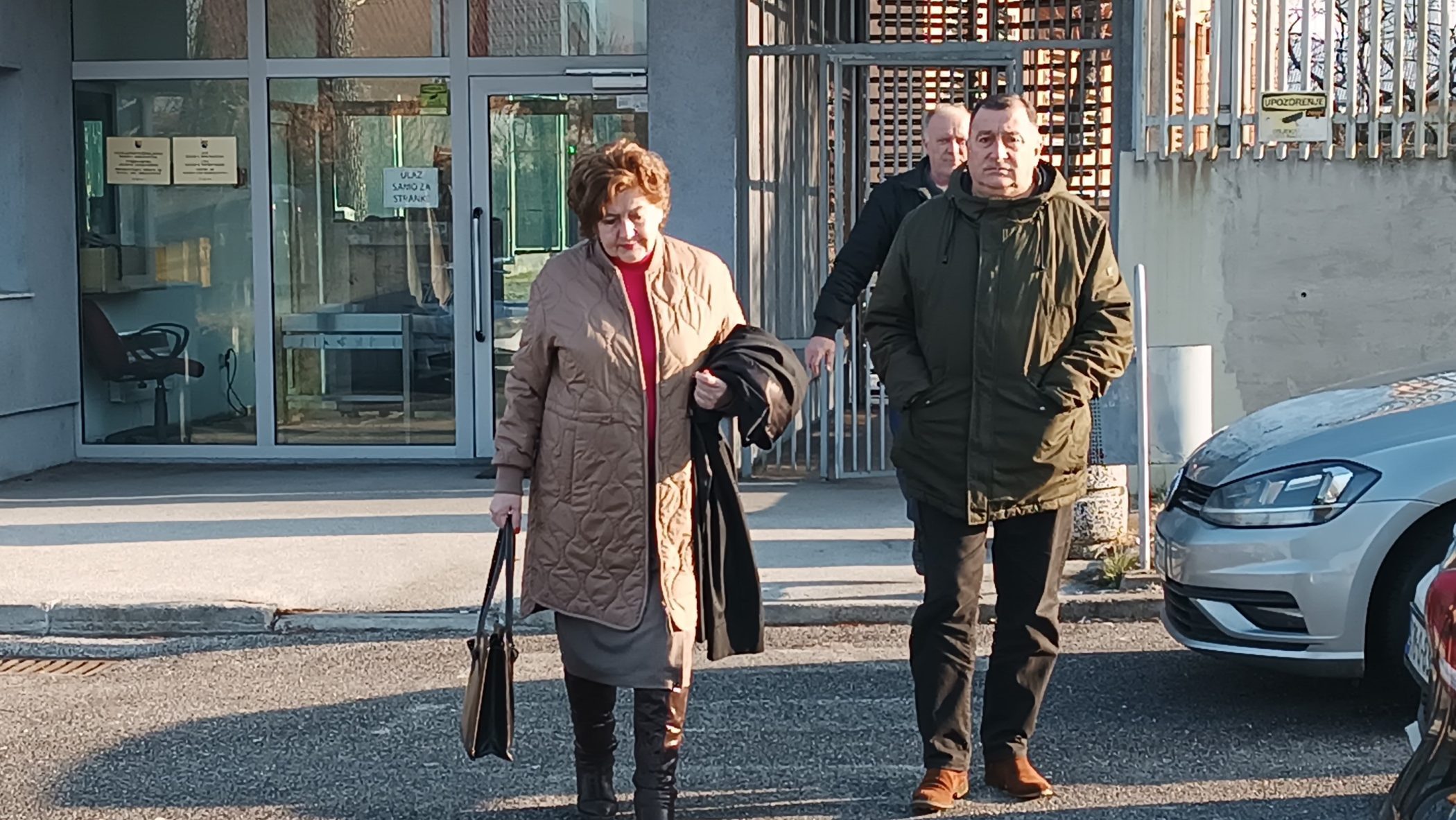This post is also available in: Bosnian
Enes Curic, Ibrahim Demirovic, Samir Kreso, Habib Copelj and Mehmed Kaminic have been charged with participating in the unlawful arrest and detention of Croat civilians in the municipality of Mostar from June to December 1993.
The Bosnian state prosecution alleges that at the time Curic was a member of the 49th Mountain Brigade of the Bosnian Army and the manager of a detention facility in the Potoci school and other buildings, Demirovic was the commander of the 47th Mountain Brigade of the Bosnian Army, Kreso was the head of the medical service with the military unit of the Mountain Brigade (active in the Bijelo Polje area), while Copelj and Kaminic were members of the Bosnian Army.
Demirovic, who is also a member of the 449th Eastern Herzegovina Mountain Brigade of the Bosnian Army, has also been charged with the rape of a woman in Potoci in 1993.
At today’s hearing, medical expert Zeljko Karan was ordered to give his opinion on the health of approximately ten witnesses proposed by the prosecution.
Karan said there was no medical documentation for these witnesses and he had only received opinions from doctors at the Mostar hospital. He said some of the witnesses needed assistance from others and that some witnesses suffered from dementia and post-traumatic stress disorder.
“There are illnesses present in these patients and they are being held under control by medication. Some of the witnesses are old, over 75 and thirdly, they need help from others. Some have psychotic illnesses and some have PTSD, so their testimony is questionable,” Karan said.
Karan said that two witnesses who asked not to come to court didn’t provide him with any documentation.
When asked by the prosecution if giving testimony could endanger the health of the witnesses, Karan said it was difficult to give any kind of prognosis..
“If the court can offer them assistance, an ambulance on hold, then yes. It’s hard and complicated, and you should be aware of the PTSD and dementia,” Karan said.
In some cases, Karan said, he couldn’t clearly define the extent of the dementia in the witnesses.
“If I had all the medical documents, I could be more precise,” Karan said.
The defense teams objected to the findings, as there was insufficient medical documentation.
The trial continues on February 17.


